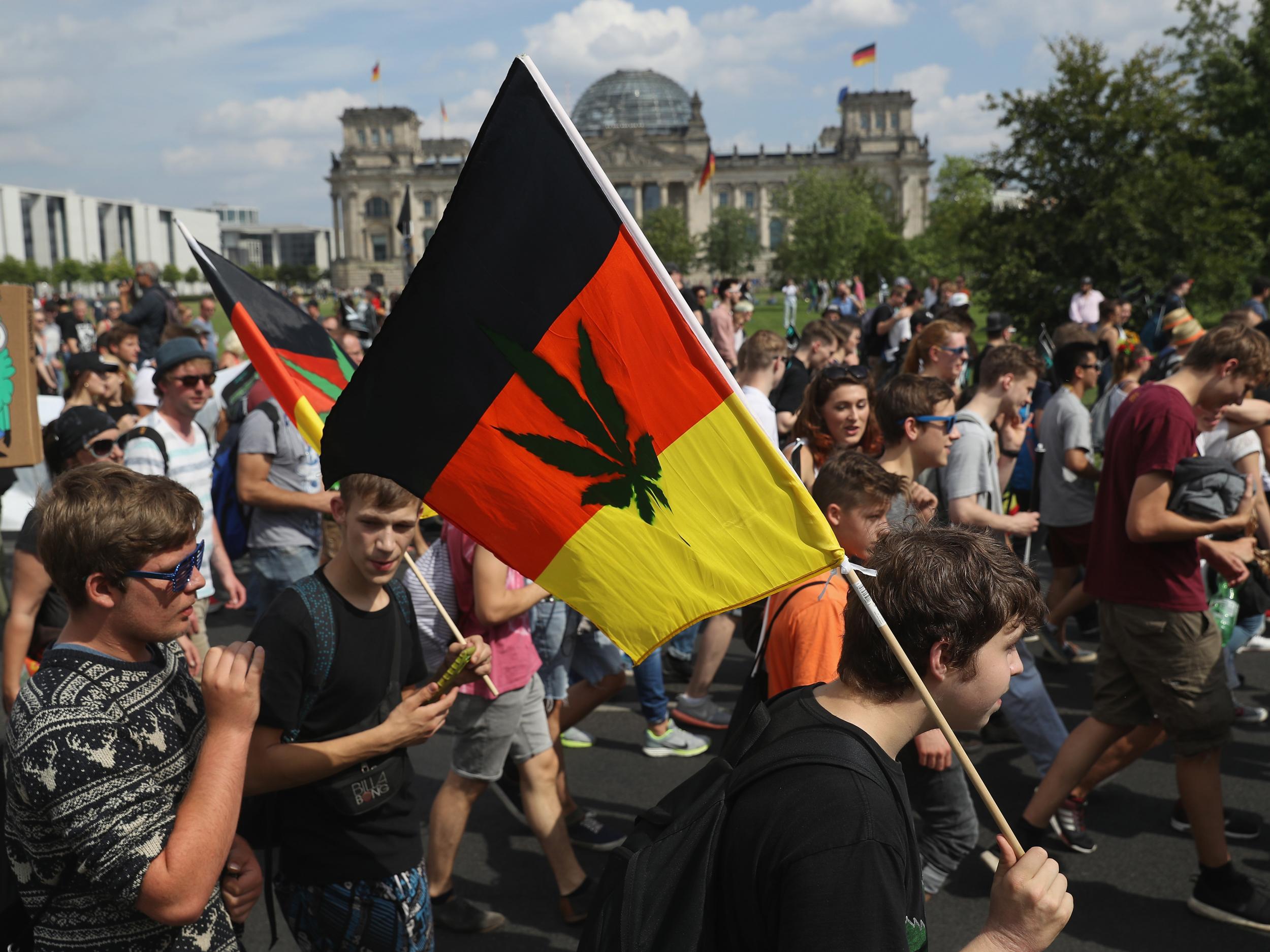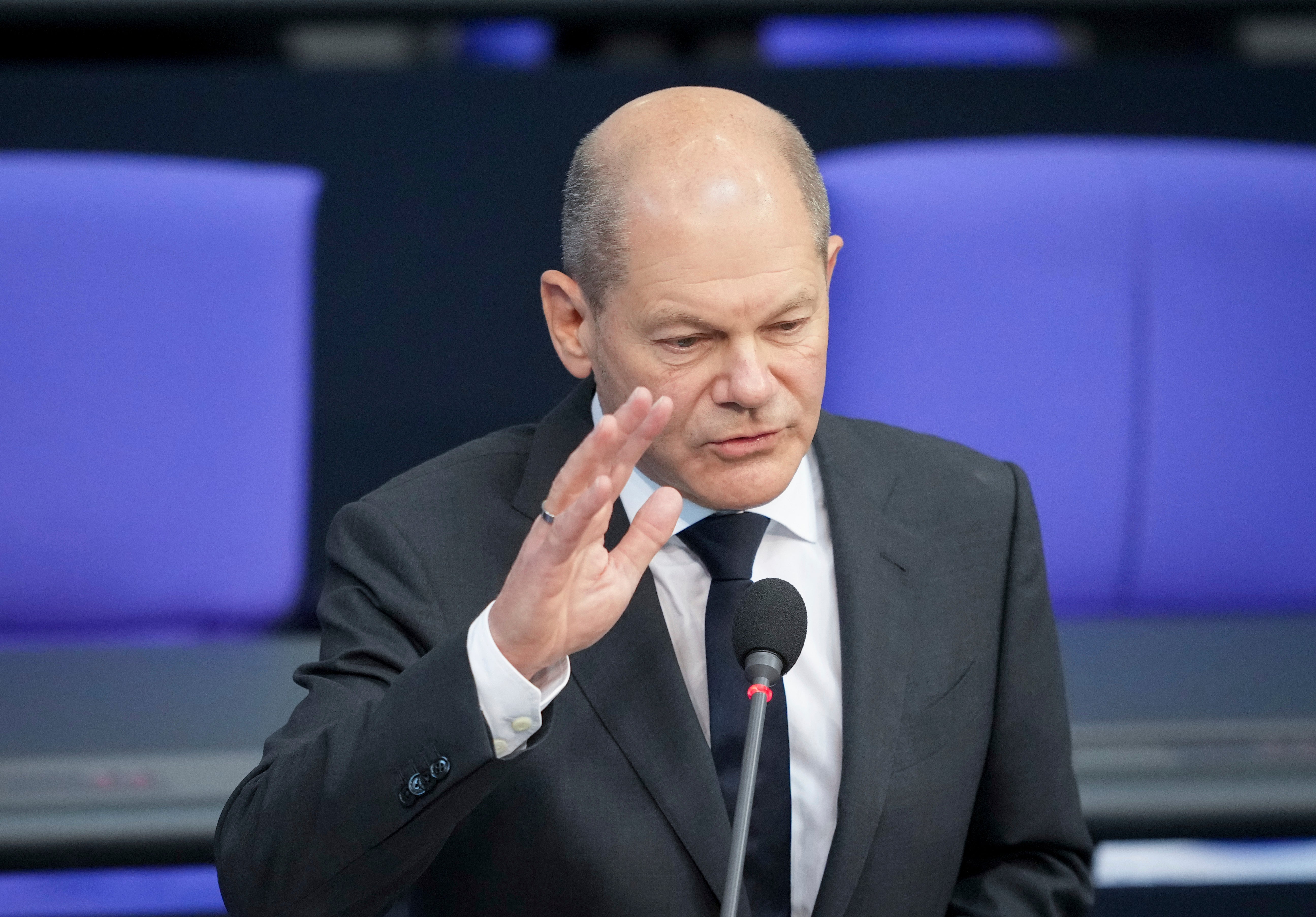Germany could legalise cannabis in new revenue boosting drug policy move
The move could boost Germany’s economy by €3 billion a year by 2025, research shows

Your support helps us to tell the story
From reproductive rights to climate change to Big Tech, The Independent is on the ground when the story is developing. Whether it's investigating the financials of Elon Musk's pro-Trump PAC or producing our latest documentary, 'The A Word', which shines a light on the American women fighting for reproductive rights, we know how important it is to parse out the facts from the messaging.
At such a critical moment in US history, we need reporters on the ground. Your donation allows us to keep sending journalists to speak to both sides of the story.
The Independent is trusted by Americans across the entire political spectrum. And unlike many other quality news outlets, we choose not to lock Americans out of our reporting and analysis with paywalls. We believe quality journalism should be available to everyone, paid for by those who can afford it.
Your support makes all the difference.Germany could move to legal cannabis in new drug policy changes being led by incoming chancellor Olaf Scholz.
Legalising cannabis could boost Germany’s annual tax revenue and cost savings by €3.4 billion (£2.6 billion) a survey by the Institute for Competition Economics (DICE) said this week.
Olaf Scholz and his centre-left Social Democrats (SPD) are in discussions with the environmentalist Green party and the Free Democrats (FDP) to build a three-way coalition. Negotiators for the three parties are still working out details of the policy including the rules under which cannabis would be regulated in the nation.
The survey, conducted at the Heinrich Heine University in Duesseldorf, and commissioned by the German hemp association, also found that the industry could create 27,000 new jobs as well as bring cost savings in the police and judicial system to the tune of €1.3 billion (£1.09 billion) per year.

The Social Democrats described the use of cannabis as a “social reality” in their election manifesto and called for an “appropriate political way of dealing with this”.
Currently, cannabis is legal for restricted medical purposes but not for recreational use or sale, although people caught with small amounts are not usually prosecuted, especially in the country’s more liberal northern regions.
The Greens and the Free Democratic Party have long supported a legalised cannabis market regulated by the state, but FDP leader Christian Lindner faced backlash for suggesting that cannabis should be sold in pharmacies, similar to the Uruagian model - opposing than coffee shops as structured in the Netherlands.
Projections suggest the market for growing cannabis in Europe would provide over €3 billion in revenue every year by 2025, an increase from €400 million this year according to the European Cannabis Report by research group Prohibition Partners.
With a population of 83 million and the largest economy in Europe, Germany’s cannabis market could be one of the biggest in the world. Last month Luxembourg became the first country to legalise the sale and growing of cannabis.
The new law allows adults in Luxembourg to grow up to four cannabis plants in their home or garden. The country’s justice minister Sam Tanson said on the unique move: “We thought we had to act, we have an issue with drugs and cannabis is the drug that is most used and is a large part of the illegal market.”
Angela Merkel’s centre-right Christian Democratic Party (CDU) is one of the few major parties strictly opposed to the legalisation of cannabis.
Join our commenting forum
Join thought-provoking conversations, follow other Independent readers and see their replies
Comments